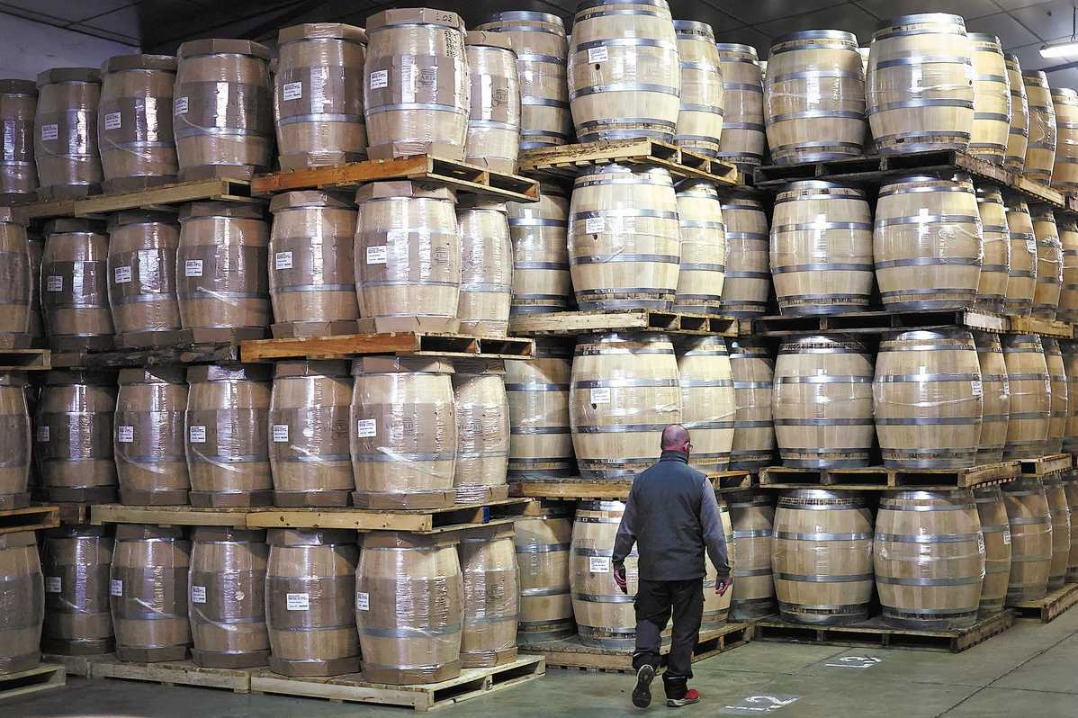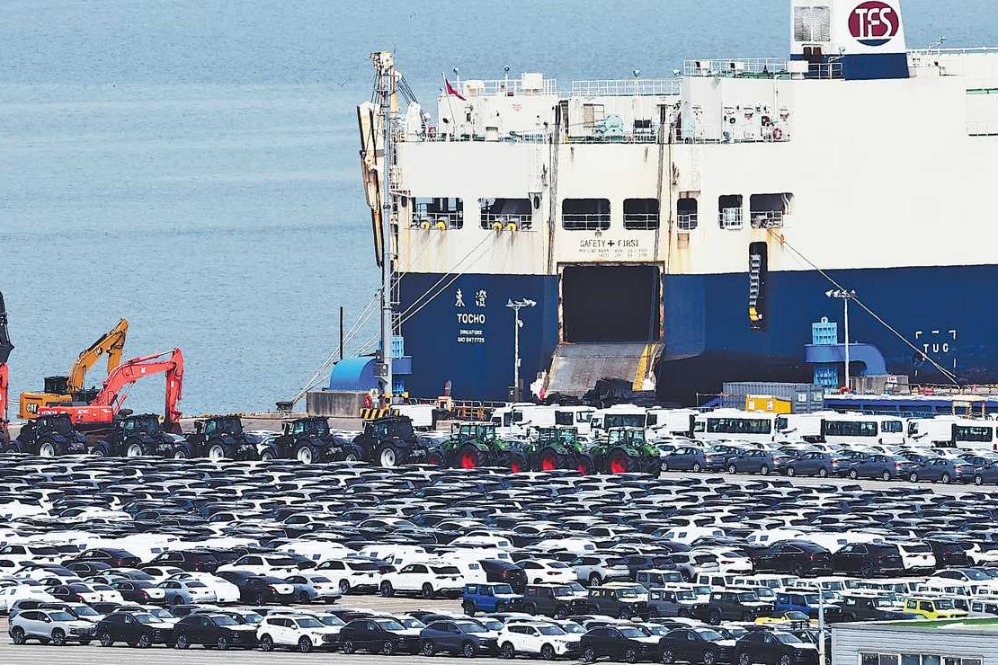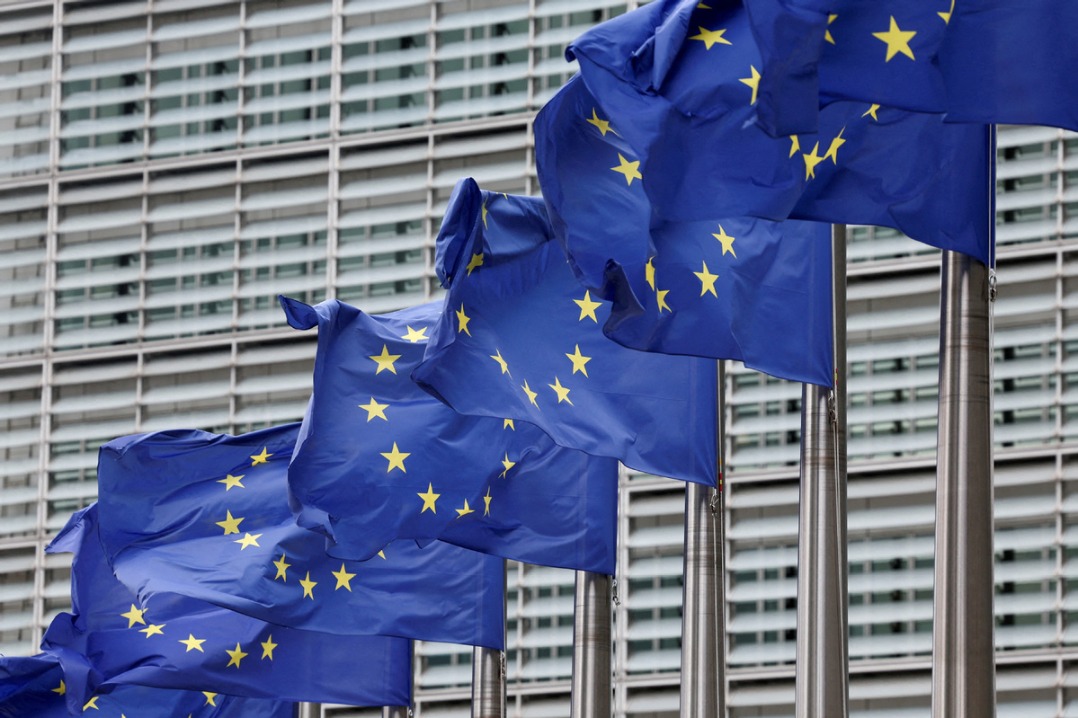The world must unite to defeat COVID-19


The latest reports from Chinese authorities indicate that infections from the COVID-19 outbreak have been on the decline for nearly a week now. Several provinces have recorded zero new infections. The number of those who have recovered and discharged from hospitals is on the rise while deaths from the disease have equally fallen.
Although China's Hubei province still bears the brunt of the virus with health authorities including World Health Organization calling for tempered optimism, there are compelling reasons to believe that the Chinese efforts to contain the spread of the virus are bearing some fruit.
However, foreboding scenarios are unfolding in more countries around the world. Spikes in infections and deaths from the COVID-19 have been reported in Iran, Italy and South Korea. Africa and Latin America have now confirmed the presence of the disease in Algeria and Brazil respectively. Collectively, over 2,568 cases of COVID-19 have been reported outside China, bringing more than 35 countries under the spell of the virus.
These developments calls for greater agency in coordination, synergy and preparedness across all countries. It appears the virus has taken its own flight path, making it nearly impossible to predict how and where it is going to land next. The focus must now shift to a global approach, instead of country-specific considerations.The strategy of isolation characterized by travel bans, suspension of flights and disruption of global supply chains is not tenable at this stage.
Drawing from the Chinese experience, it is clear that management and treatment of COVID-19 is no child's play. It requires massive resources -- in people, technology, finance and leadership -- which are potentially out of reach for many countries, particularly in the developing world.
The rapidity and efficiency with which China deployed the identified resources as the outbreak was reported in the city of Wuhan may not be replicated in many jurisdictions. This calls for proactive, innovative and targeted responses that can adequately serve the needs of all countries.
A key plank in preparedness is raising public awareness of the disease. People must be empowered with information on personal hygiene and social distancing measures that can substantially reduce chances of catching the virus.
Second, instead of lapsing into protectionist tendencies, countries should leverage both bilateral and multilateral platforms to strengthen their public health management capacities. We are already seeing some action on this front among African countries under the auspices of the African Union. Given the porosity of African borders, the continent's centers for disease control and prevention should be facilitated to provide requisite leadership as the virus makes a debut in Africa.
Globally, the World Health Organization should proactively work with governments around the world to engineer universal and effective COVID-19 control mechanisms that are implementable at country levels. The body can leverage the best practices that have been piloted by China in management and treatment of the disease.
Today, any country that is not infected by the virus is certainly affected. The economic losses as a result of the toll on China, which is the world's second-largest economy, continue to reverberate globally. The international Air Transport Association has for instance predicted that the airline industry could lose over $29 billion this year due to travel cuts.
As Chinese firms remain closed or partially operational, the World Economic Forum affirms that global supply chains have come under significant strains. The slow production and movement of pharmaceutical products around the world puts vulnerable populations at risk beyond the COVID-19 infections.
Finally, no effort should be spared to foster targeted research that can lead to new antiviral drugs and vaccines that could cushion global populations against outbreaks such as COVID-19. China, which is already trailblazing on this front, should jointly work with other countries to shorten the wait and ameliorate the health of thousands already affected by the disease.
The writer is a PhD student in international relations at Central China Normal University as well as a Belt and Road tourism ambassador.
































